Where Do Countries Stand After The Attack On Rafah?
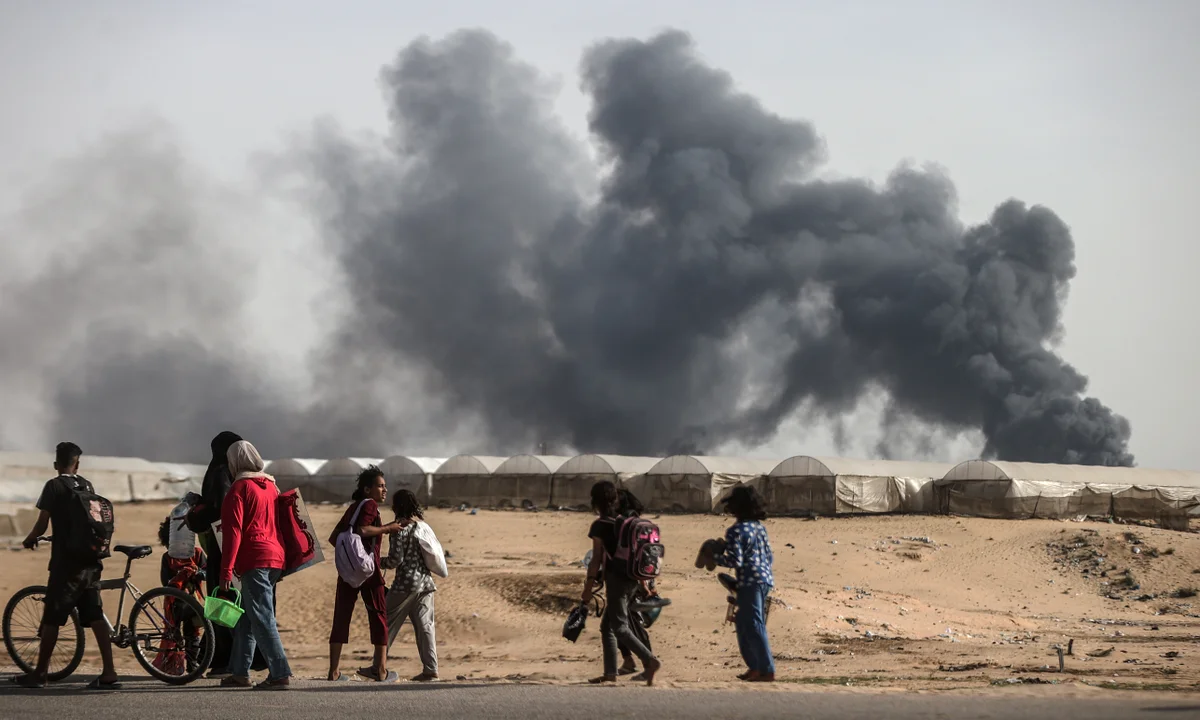
White House says Israel’s attack on Rafah doesn’t cross US red lines
Source: Onmanorama
What Exactly Happened in Rafah?
On May 27, 2024, a devastating airstrike by Israeli forces hit the Rafah border crossing, a crucial gateway between Gaza and Egypt. The assault targeted both infrastructure and civilians in the area, resulting in the death of at least 45 people. Dozens more were injured in the attack, which has severely disrupted the already precarious humanitarian access point and intensified the crisis in Gaza.
The Immediate Aftermath
The attack has prompted a swift and broad international response. Global leaders and organizations have condemned the violence and called for urgent humanitarian aid to assist those affected. The destruction of the Rafah crossing has exacerbated the humanitarian crisis, leading to severe shortages of essential supplies such as food, medicine, and shelter.
Key Players' Responses
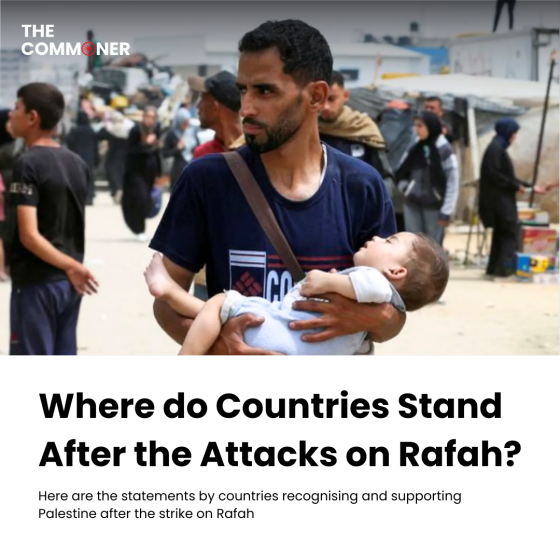
India
India has expressed deep concern over the violence and the humanitarian impact of the Rafah attack. The Indian government has called for an immediate cessation of hostilities and has urged both sides to engage in dialogue to find a peaceful resolution. India has also announced its readiness to provide humanitarian assistance to Gaza, emphasizing the importance of protecting civilian lives and ensuring access to essential supplies.

Source: News on AIR
United States
The U.S. has reaffirmed its support for Israel while expressing concern over the humanitarian impact in Gaza. The Biden administration has emphasized the need for immediate ceasefires and the importance of protecting civilian lives. Washington is actively pushing for diplomatic negotiations to stabilize the region and mitigate further escalation.

Biden says he will not give Israel weapons to attack Gaza’s Rafah
Egypt
Egypt, which controls the Rafah border on its side, has tightened security measures and restricted crossings, citing security concerns. However, Cairo is facing immense international pressure to allow humanitarian aid into Gaza. Egypt’s delicate position highlights its dual role as a mediator and a regional power with its security priorities.

Egypt: US should make clear to Israel consequences of Rafah operation
Source: Reuters
European Union
The EU has been vocal in calling for de-escalation and pledging substantial humanitarian assistance. European leaders stress the necessity of a two-state solution and urge both sides to engage in sustained diplomatic efforts. The EU’s stance underscores its commitment to human rights and international law, aiming to foster a peaceful resolution.

26 EU states urge Gaza cease-fire, tell Israel to halt Rafah attacks
Source: Daily Sabah
Middle Eastern Nations
Responses from Middle Eastern countries vary, reflecting their political alliances and interests. Iran has condemned the attack, supporting the Palestinian cause and criticizing Israel’s actions. Gulf states like Saudi Arabia and the UAE, while condemning the violence, advocate for measured responses and diplomatic interventions.
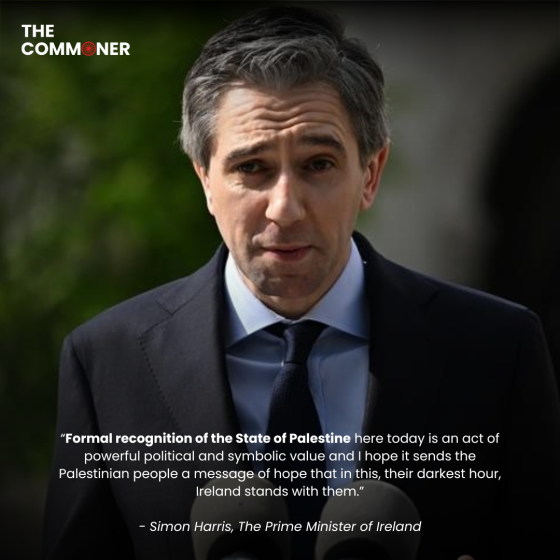
Humanitarian Impact
The Rafah attack has severely aggravated the humanitarian crisis in Gaza. Essential supplies, including food and medical aid, are critically low. International organizations, such as the United Nations, are striving to deliver aid, but access remains a significant hurdle. The global community is urged to prioritize humanitarian efforts to alleviate the suffering of civilians.

World News in Brief: Rafah escalation fears, Gaza war’s unprecedented death rate, Pakistan terrorist attacks condemned
Source: UN News
The Path Forward
The attack on Rafah underscores the urgent need for a comprehensive, sustainable solution to the Israeli-Palestinian conflict. The international community must address not only the immediate crisis but also the root causes that fuel the cycle of violence. Continuous engagement, transparent dialogue, and a steadfast commitment to human rights are essential for achieving lasting peace.
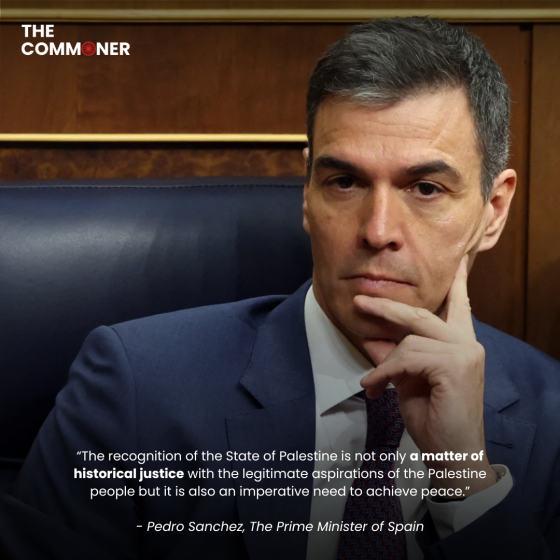
Your Thoughts?
You might be wondering, “Is there any hope for peace?” The path forward is challenging but not unattainable. With persistent international engagement and meaningful dialogue, there is potential for a peaceful resolution.
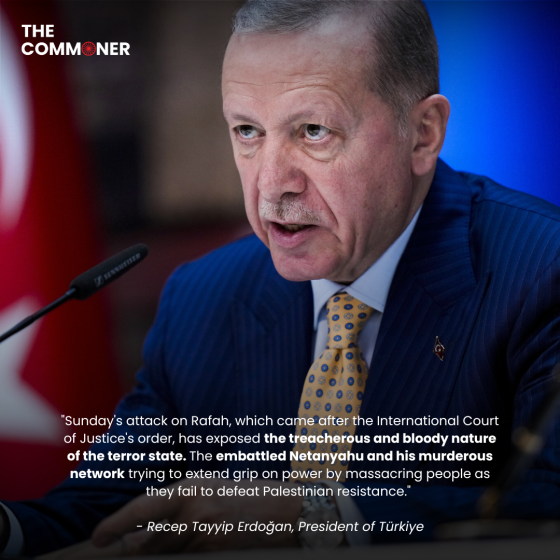
Conclusion
In conclusion, the attack on Rafah has reshaped geopolitical dynamics, urging countries to reassess their policies. As we navigate these turbulent times, it is crucial to stay informed, engage in thoughtful discussions, and advocate for justice and peace. Our commitment is to provide you with well-researched and factual insights, ensuring you remain well-informed. Stay tuned for further updates and analyses as the situation evolves. Your insights and perspectives are invaluable – join the conversation and let’s work together towards a better future.

